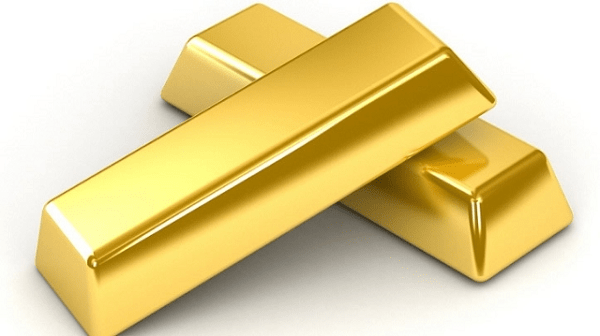
Certification of refined gold and its benefits
In the light of the nation’s commitment to ensure that Ghana is gradually turned into an industrial hub and appropriately transformed for economic development in West Africa and the world as a whole, efforts to ensure the certification of refined gold and other minerals are necessary to add value to the precious metal before export to other countries for revenue. It is in the light of this reality that the Ghana Standards Authority (GSA) on Tuesday, November 27, 2018 unveiled Ghana’s first hallmarked gold bar and issued certification to Accra-based Gold Coast Refinery Limited.
This event was historic in the sense that Ghana, for the first time, was able to use its national standards body to certify a precious metal like gold to bring in respectable revenue.
Advertisement
The country is endowed with abundant natural resources, yet revenue brought in by these resources is meagre because of their unrefined nature. If we are committed to raising more revenue from these God-given resources, then we need to ensure that these resources are given some value prior to export through processing.
The issuance of a certificate or mark (or both) on a product by the GSA demonstrates that a specific product meets a defined set of requirements for that product. The certification mark is normally found on the product packaging (label) and may also appear on the certificate issued by the certification body. The mark carries a reference number or name of the relevant product standard against which the product has been certified.
First
The certification of gold produced by the Gold Coast Refinery Company Limited is the first hallmarked gold produced in Ghana. It is a very significant milestone in the history of gold production in the country and marks the beginning of a new era in Ghana’s gold sector.
The certification of gold refined in Ghana for trading on the international bullion market will always have three major benefits for the country. First, when refined, it will add value to our raw gold resources. Second, it will help address the low incomes derived from the export of raw gold, and third, it will help properly account for gold exported from Ghana as the actual values of the gold will be established before export.
As a nation, experiencing the benefits of gold certification before export is what is urgently needed to strengthen the country’s economy and help improve upon the welfare of the people. Aside from improving upon the welfare of the people, gold certification, as already pointed out, ensures the exact amount of gold value exported to other countries, contrary to the practice where such values are unknown to the detriment of the country.
As of today, do we know the exact value of gold exported out of the country? The same applies to our crude oil and other precious minerals.
The Gold Coast Refinery Limited is the first refinery in Ghana to be awarded a licence to hallmark refined bullion over 995 purity and to also market and sell its finished products, including value-added bars and medallions on the local and international bullion markets.
Gold sector
The gold sector is very important to the economy of Ghana because of its contribution to the country’s Gross Domestic Product (GDP) over the years. Until recently, Ghana was the second-largest gold producer in Africa and the 10th largest in the world.
However, according to French magazine “Jeuneafrique”, Ghana now tops the list of gold-producing countries in Africa. This is attributable to the newly discovered gold mines in Wassa and Prestea which boosted production by 15.33 per cent compared to the 2017 estimates.
The country has been a major gold producer over many decades; however, it remains a primary producer and exporter of raw gold. When precious metals are exported in their raw forms, they bring in very little revenue.
Policy initiatives aimed at adding value to raw materials in the country have largely not been realised yet; and the continuous export of raw gold (Dore) denies the country of all associated benefits, including by-products of refining such as silver, platinum and palladium.
As a country, Ghana needs to maximise revenue from all her natural resources in line with the intentions of the government as a way of raising more revenue to meet her ever-increasing challenges to address the socio-economic demands of her population. This is achievable so, without any hesitation, must be done with alacrity.
The writer is the Director of Corporate Communications, Ghana Standards Authority (GSA).



